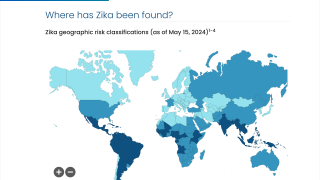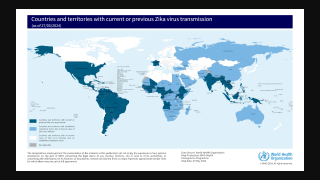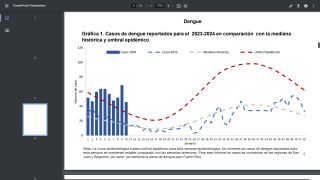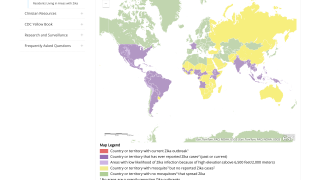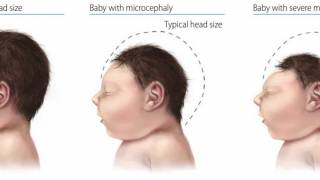Texas Reports Second Locally Acquired Zika Case

Texas Health and Human Services announced the second locally acquired Zika Virus case for 2017.
This case was reported in Laguna Heights, Cameron County, which is in southern Texas.
The first Zika illness was announced in July, 2017, involving a Hildago County resident. Texas has reported 32 Zika cases in 2017.
“Based on the information that we have, the source of the transmission appears to be mosquito-borne that took place several months ago. Clinical test results show that this person may have had the virus 2-3 months ago and it is no longer active in her system,” stated Dr. James W. Castillo, Cameron County Health Authority.
Zika virus is transmitted to people primarily through the bite of an infected mosquito, though it can be spread through sexual contact. Keep in mind that mosquitoes carrying the Zika virus bite mostly during the daytime.
Most people infected with the virus have mild or no symptoms.
“We also want to remind women who are pregnant or are considering becoming pregnant to discuss Zika with their physician and get tested for Zika during their prenatal care visits in addition to taking steps to avoid mosquito bites,” stated Esmeralda Guajardo, Health Administrator.
The Centers for Disease Control and Prevention (CDC) recommends using protection during sex especially if your partner has traveled to an area with Zika, or if you are pregnant or considering getting pregnant.
During July 2017, the CDC updated its recommendations for pregnant women with Zika symptoms and pregnant women at risk for Zika without symptoms, to be tested three times during pregnancy, rather than two times.
Additionally, a recent study found 58% of the men excreted Zika virus RNA in their semen for at least one month after infection.
The average duration for Zika RNA found in the tested semen was 26 days.
The Zika virus can cause severe birth defects, including microcephaly, and other poor birth outcomes in some women infected during pregnancy.
During April of 2016, the CDC formally declared that Zika was the source of the microcephaly cases.
According to the CDC, microcephaly is a birth defect in which a baby’s head is smaller than expected when compared to babies of the same sex and age. Babies with microcephaly often have smaller brains that might not have developed properly.
Cameron County Department of Health and Human Services will continue working with the Texas Department of State Health Services and Center for Disease Control and Prevention in the education, surveillance, and vector control activities related to Zika.
Our Trust Standards: Medical Advisory Committee
- Infection dynamics in a traveller with persistent shedding of Zika virus RNA in semen for six months after returning from Haiti
- First Locally Acquired Probable Zika Virus Disease Case in 2017 Confirmed in Cameron County
- A single mutation in Zika virus results in microcephaly
- CDC Concludes Zika Causes Microcephaly and Other Birth Defects



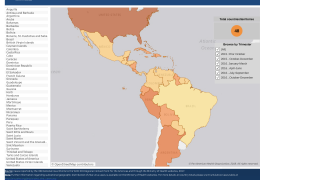
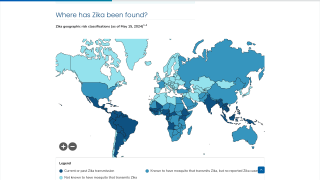


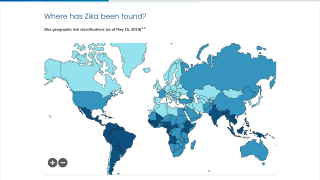
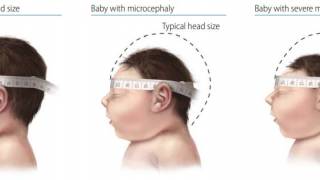

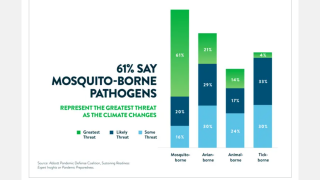

.jpg)
